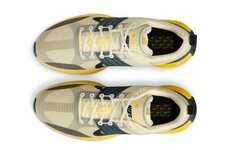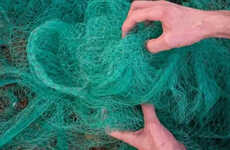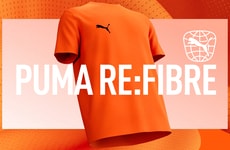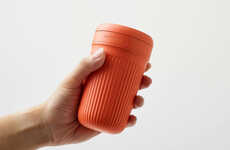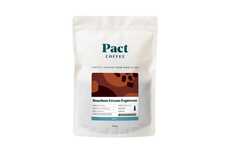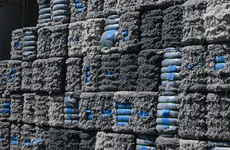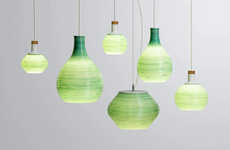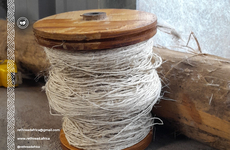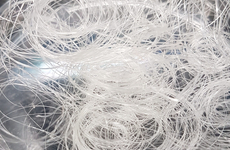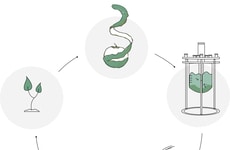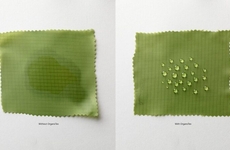



Fabric companies are launching linens made from ocean-bound plastics
Trend - Brands in the textile industry are launching new fabric materials made from recovered and upcycled ocean-bound plastics. These textiles help reduce waste while offering affordable products for related industries, such as hospitality and fashion—resulting in durable and sustainable alternatives.
Insight - Industries that rely on textiles face large amounts of waste each year, which is increasingly drawing attention from environmental activist groups and government regulators. These industries, namely the hospitality and fashion industries, are tasked with finding ways to hit sustainability goals without sacrificing the quality of experiences for their customers. This is leading to businesses placing pressure on their suppliers, or on new suppliers, to provide sustainability-first products.
Insight - Industries that rely on textiles face large amounts of waste each year, which is increasingly drawing attention from environmental activist groups and government regulators. These industries, namely the hospitality and fashion industries, are tasked with finding ways to hit sustainability goals without sacrificing the quality of experiences for their customers. This is leading to businesses placing pressure on their suppliers, or on new suppliers, to provide sustainability-first products.
Workshop Question - How could your brand leverage upcycling in its products to improve its sustainability reports?
Trend Themes
1. Recovered Ocean Plastics - Textile brands are launching linens made from recovered and upcycled ocean-bound plastics, providing durable and sustainable alternatives for the hospitality and fashion industries.
2. Recycled Ocean Waste - Textile companies are collaborating with initiatives focused on recycling ocean plastic waste to create sustainable textiles that are versatile, suitable for various commercial applications, and fully recyclable.
3. Upcycled PET Yarn - Fabric manufacturers are using PET yarn derived from certified ocean plastics and coffee grounds to create functional, sustainable, and comfortable fabrics with enhanced environmental impact and customer engagement.
Industry Implications
1. Hospitality - Hospitality businesses are seeking sustainable alternatives such as linens made from recovered ocean plastics to meet sustainability goals while maintaining quality experiences for customers.
2. Fashion - Fashion brands are exploring textile materials created from recycled ocean waste and upcycled PET yarn to offer eco-friendly and functional products that meet the demand for sustainable fashion.
3. Textile Manufacturing - Textile manufacturers are collaborating with initiatives and using innovative techniques to recycle ocean plastic waste and create versatile and fully recyclable fabrics, contributing to the circularity goals of the industry.
4 Featured, 25 Examples:
30,399 Total Clicks
Date Range:
Jan 24 — Jan 24
Trending:
Warm
Consumer Insight Topics:

